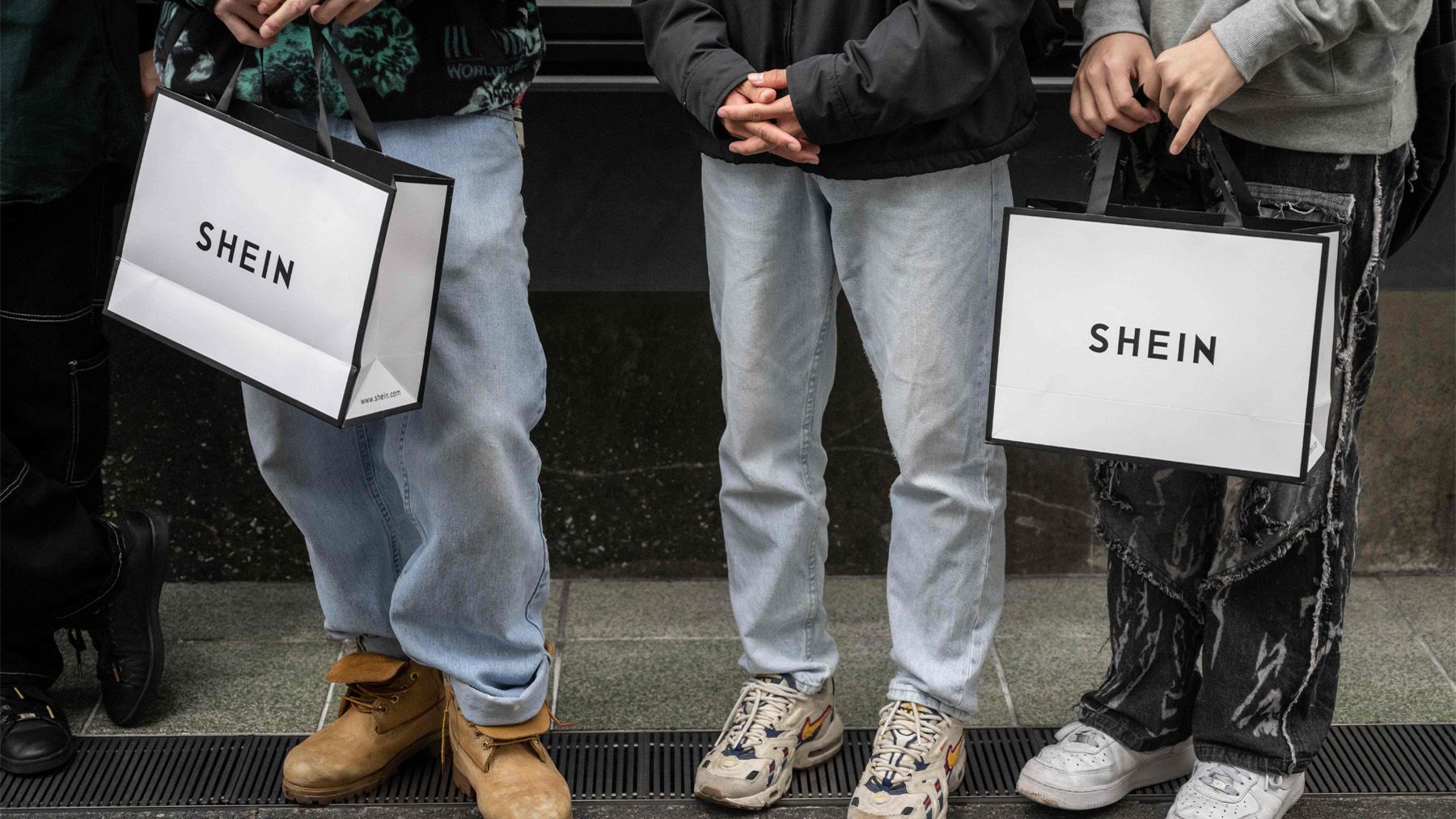
Shein saw its sales volume rise and profit improve to a record level during the first half of 2023, according to an investor memo from the company’s executive vice chairman, Donald Tang, obtained by CNBC.
“We recorded the highest first-half net profit in the company’s history, compared to a near break-even during the same period in 2022,” Tang wrote in the letter, according to CNBC. “In particular, our continued momentum in the US reinforces our leading position in the market.”
The company, also rumoured to be considering a public listing later this year in the US, has been expanding from selling thrifty fashion to other wares, including more premium goods. It is also evolving to a marketplace model. The company was valued at $66 billion, a third lower than a previous fundraising round, and brought in $23 billion in sales last year, the Wall Street Journal reported in May.
The company announced marketplace launches in the US and Brazilian markets back in May. CNBC reports that Tang said its Brasil marketplace now counted 6,000 active marketplace sellers and had tripled the value of goods sold since the start of the year to nearly $100 million. Tang did not disclose any US performance, but the company has plans to also start the initiative in Mexico, Germany, Spain, France and Italy.
The growth comes despite the pressures the firm faces from US lawmakers — who accuse the company of not being transparent enough in its supply chain practices — fierce market competition, and a series of lawsuits.
Shein has aggressively been recruiting Amazon sellers, while Shein and Temu, another Chinese-owned e-commerce operator, have been locked in at least two court battles. In one lawsuit, Temu alleged that Shein has been pressuring its manufacturers to not work with Temu. Shein in a separate case alleged that Temu paid influencers to spread false information about it to portray the company in a negative light.
Learn more:
US Lawmakers Find ‘Extremely High Risk’ That Products Sold on Temu Are Linked to Forced Labour
US lawmakers have warned there is an “extremely high risk” that products sold on the Chinese-owned e-commerce platform Temu are linked to forced labour.



